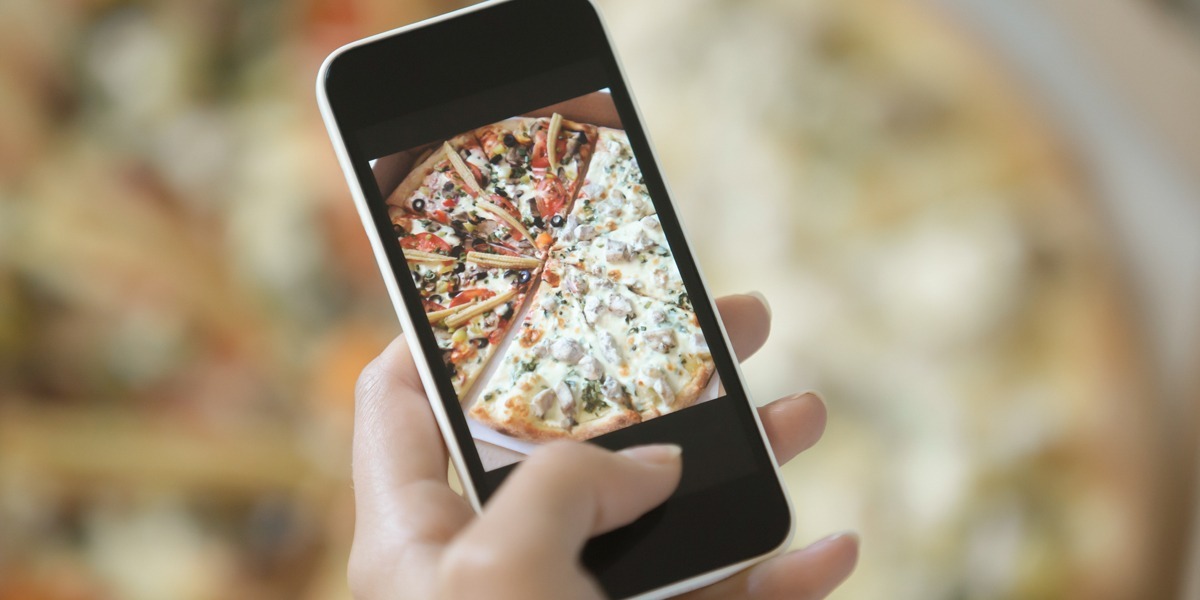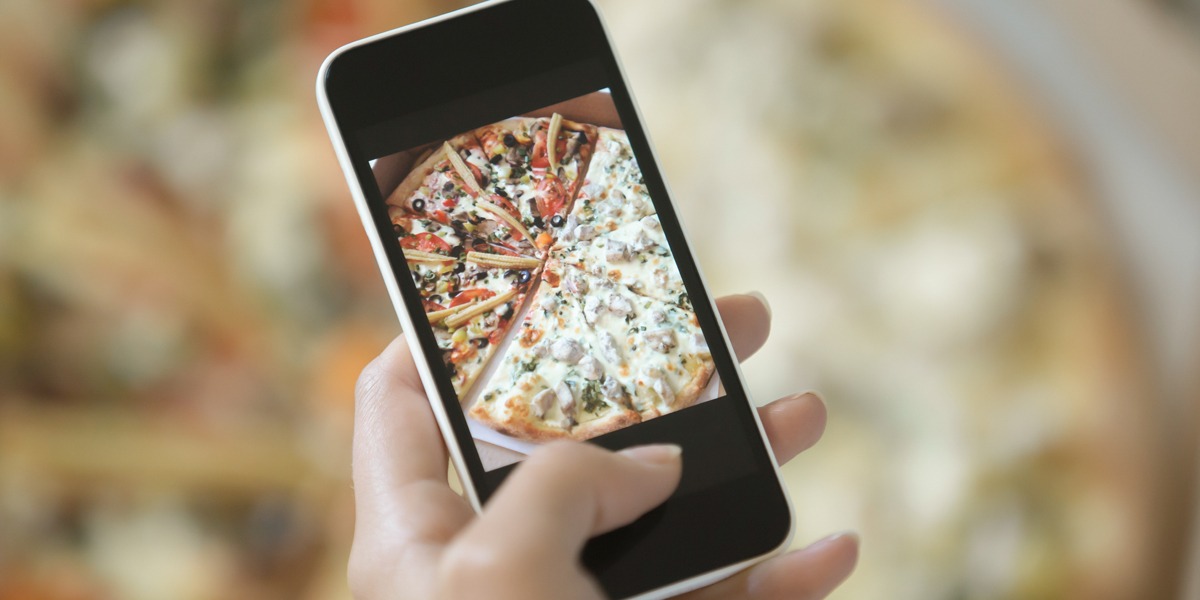Designed by Freepik
Three very different entrepreneurs – Donald Valoyi of Zulzi; Enrico Ferigolli of Bottles App and Dinesh Patel of OrderIn – gave some very astute advice at the SiMODiSA Start-Up Thursday event recently. What do they have in common? They are young, smart, good looking, exuding confidence … and they are all in the on-demand business.
You already know on-demand video, like Netflix and Showmax, where you can watch the movie or series of your choice, when it suits you.
And you know or use on-demand mobility, like Taxify and UBER where you get a ride where and when it suits you. Well, these guys will deliver stuff to you, at your convenience. Bottles delivers drinks; OrderIn, meals and Zulzi, drinks and meals, and groceries, and medications
Donald Valoyi of Zulzi; Enrico Ferigolli of Bottles App and Dinesh Patel of OrderIn
They shared these valuable lessons from their experiences:
‘On Competition’ – If your business is delivering meals, you are competing against UberEATS, Mr Delivery, Washesha, FitChef and more. Differentiation is a big issue; it’s essential that you continually innovate.
‘On Differentiation’ – Everyone is delivering the same food from the same places. The industry is becoming homogeneous, it can’t sustain so many similar operators, it will have to rationalise. What will you do to survive, to succeed?
“Don’t go into a congested space unless really you know that what you are offering is very competitive or disruptive”
‘On Costs And Challenges’ – You have to deal with factors out of your control like power outages. You can only mitigate these by providing extraordinary customer service.
Groceries is a particularly difficult commodity because there are so many external factors to contend with, like products that are out of stock. What contingencies do you put in place?
Costs are a real killer: your “last mile” costs roughly the same as the sum of your other costs. It costs you about R 37 to make a delivery, but competition pressure forces you to charge no more than R30. How do you recoup the difference?
‘On Human Capital’ – When it comes to drivers, do you use contract or employed staff? Drivers have to be available at a moment’s notice. Salaried staff are a big cost during off-time. Contract drivers may choose to take a more lucrative ride rather than make a delivery just when you need them.
You really cannot scale your business without hiring the smartest people. Do not cut corners, that will come back to bite you.
‘On Tech’ – Users prefer mobile apps to desktop because they are more likely to place small volume orders through impulse buying; it’s easier to do that on your phone.
See Also: 5 Local Meal Delivery Startups That Will Have You Eating Healthier
‘On Funding’ – When looking for finance, you may find that some funders don’t like financing on-demand business because they are too common-place.
Having said that, in the UK, Deliveroo, a three-year old, great food delivery service recently raised over £350 million in venture capital. They already have operations in 35 UK cities and 40 cities internationally.
Founder, Will Shu, offers this advice: have one idea that you’re super passionate about, be pretty irrational because chances are it’s not going to work out, but you have to believe in it, go completely all in. That’s the only way it can work.
The Takeaway
Before you embark on an exciting venture into a delivery-on-demand business, do an internet search to see who else is out there. Don’t go into a congested space unless really you know that what you are offering is very competitive or disruptive.
About the author: Rick Ed is a mentor, trainer and business advisor at DoBetter.Business.







